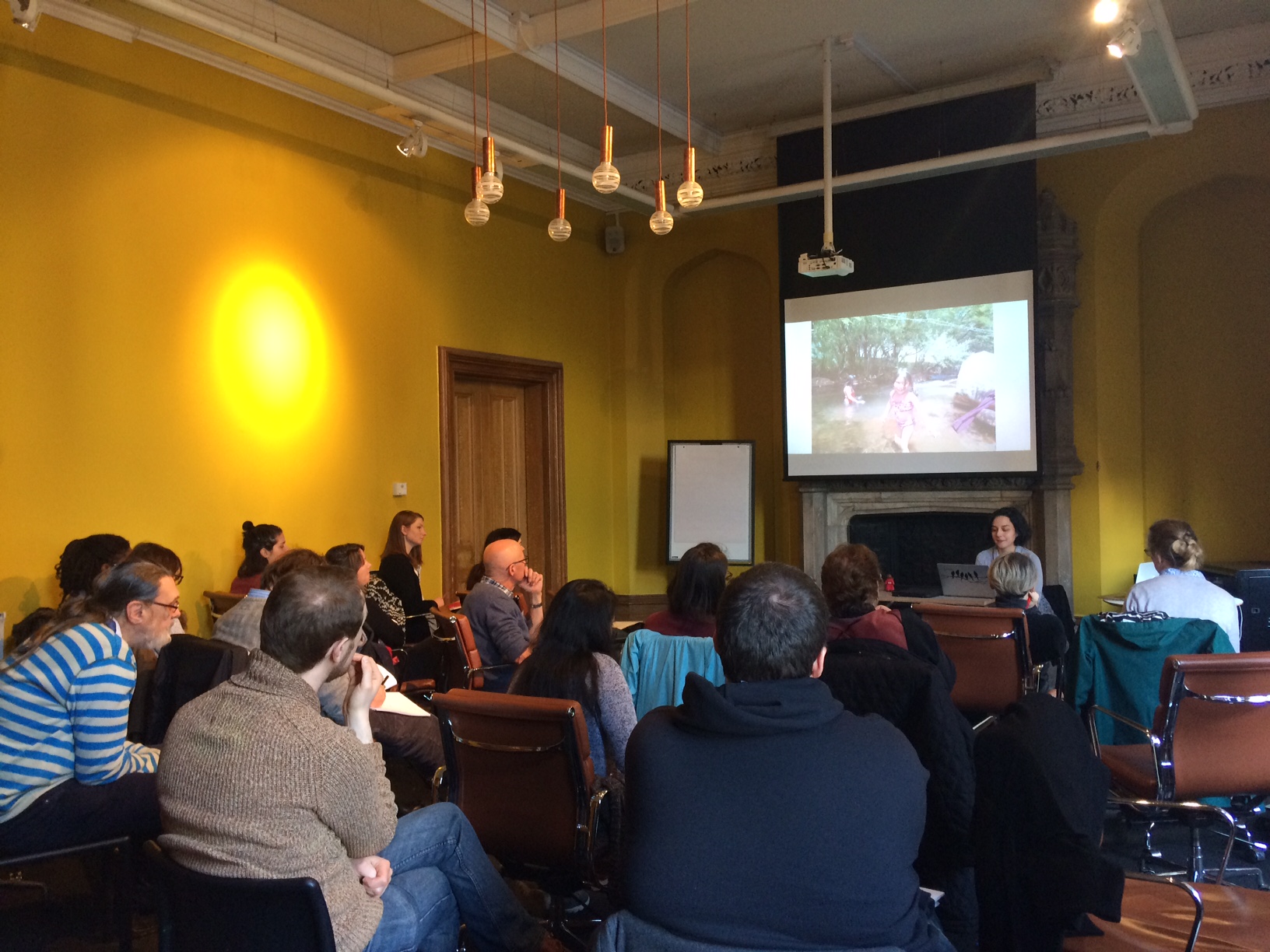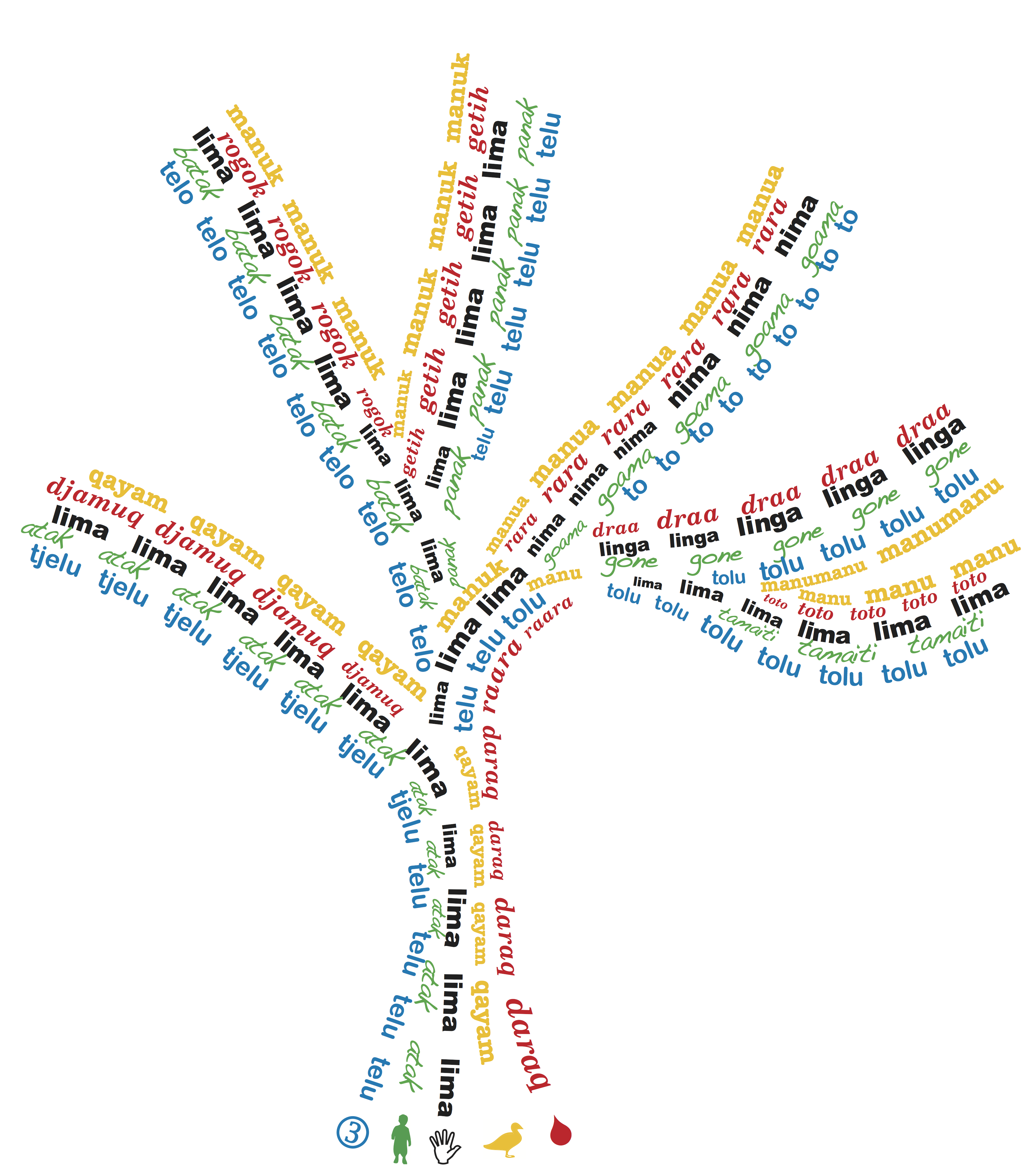What’s more important in storytelling: the teller or the tale?
In the beginning times, Taka and her younger brother Toro were rowing through a storm and crashed upon a rocky island in the sea. Taka stepped ashore and the sharp rocks cut her feet. Everywhere her blood touched, life sprung forth. The grasses and the trees took root and the people, our ancestors, arose from … Read more

